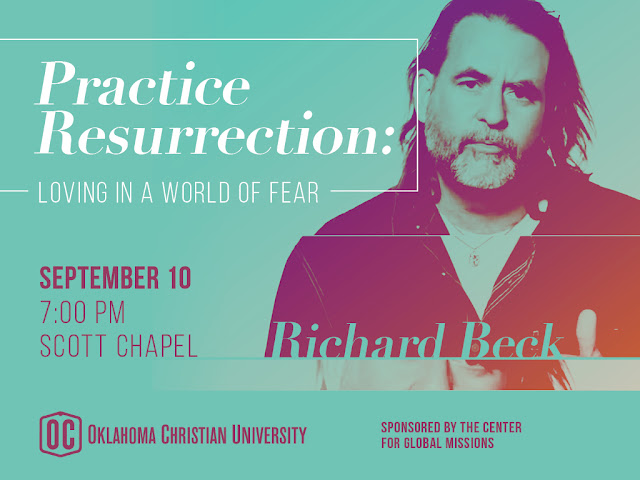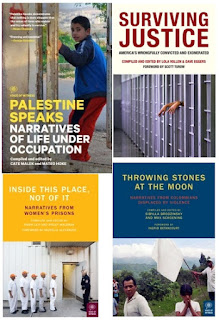Our white friends to the south managed to do it.
Jim Crow laws which enforced racial segregation in the southern states were in place until the 1960's. As the Civil Rights movement brought about legal changes, the state and local laws regarding segregation were overturned. In some ways, however, not that much changed and the U.S. situation evolved to what is known as the
new Jim Crow, which is seeing (among other injustices and inequities) high percentages of black people (black men in particular) end up in for-profit prisons and many other barriers in place to prevent equal participation in society.
Here in Canada, one of our historical evils was the Indian residential schools: Aboriginal children were forcibly removed from their families and put into residential schools, forbidden to use their own languages and not allowed to practice their culture. Abuse was wide-spread. This took place roughly from 1876 to the late 1960's. The recent Final Report of the Truth and Reconciliation Commission calls it
cultural genocide.
Understandably, Indian residential schools are done with. However, that doesn't mean that those in power suddenly believe that Aboriginal lives matter.
Around the end of the Indian residential school system, the Manitoba government began "systematically apprehending aboriginal children starting in the 1960s and placing them with non-aboriginal families — a practice known as the ’60s Scoop."
(source). Read more
here and
here.
Thousands of children were taken and placed in foster and adoptive homes. Just this past June 2015, the Premier of Manitoba apologized on behalf of the province for the 60's scoop. Yes, this is Canada - the Canada we don't here much about.
But is it over? And now what's happening in Manitoba?
Child and Family Services workers are seizing an average of one newborn a day, without assessing the parents or their ability to care for their baby, according to Cora Morgan, First Nations Children's Advocate. She says,
“In this system, you are guilty until you can prove you’re innocent. They’re not going in and investigating to see if there is another side of the story. They’re not going in there to say, ‘How can we help you?’ … They just take the kids.”
(source)
You can imagine the effects on a baby of being removed from its mother, put in care for the key months of attachment, and then handed back. And the cycle continues...
Read more about the
seizures of babies.
Read
Christi Belcourt's indictment of Manitoba's child welfare system.
Estimated numbers:
The numbers of children in the system are staggering – it is estimated that there are today anywhere from 60, 000 – 70, 0000 Native children in foster care in Canada , a much higher proportion than the 20, 000 children taken in the horrific Sixties Scoop, where 20, 000 children were taken and placed into adoption or in residential schools, those institutions meant to “kill the Indian in the child”.














